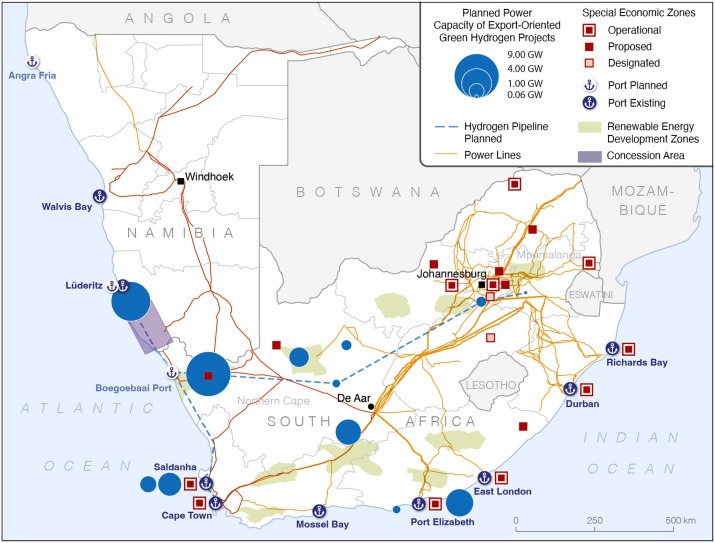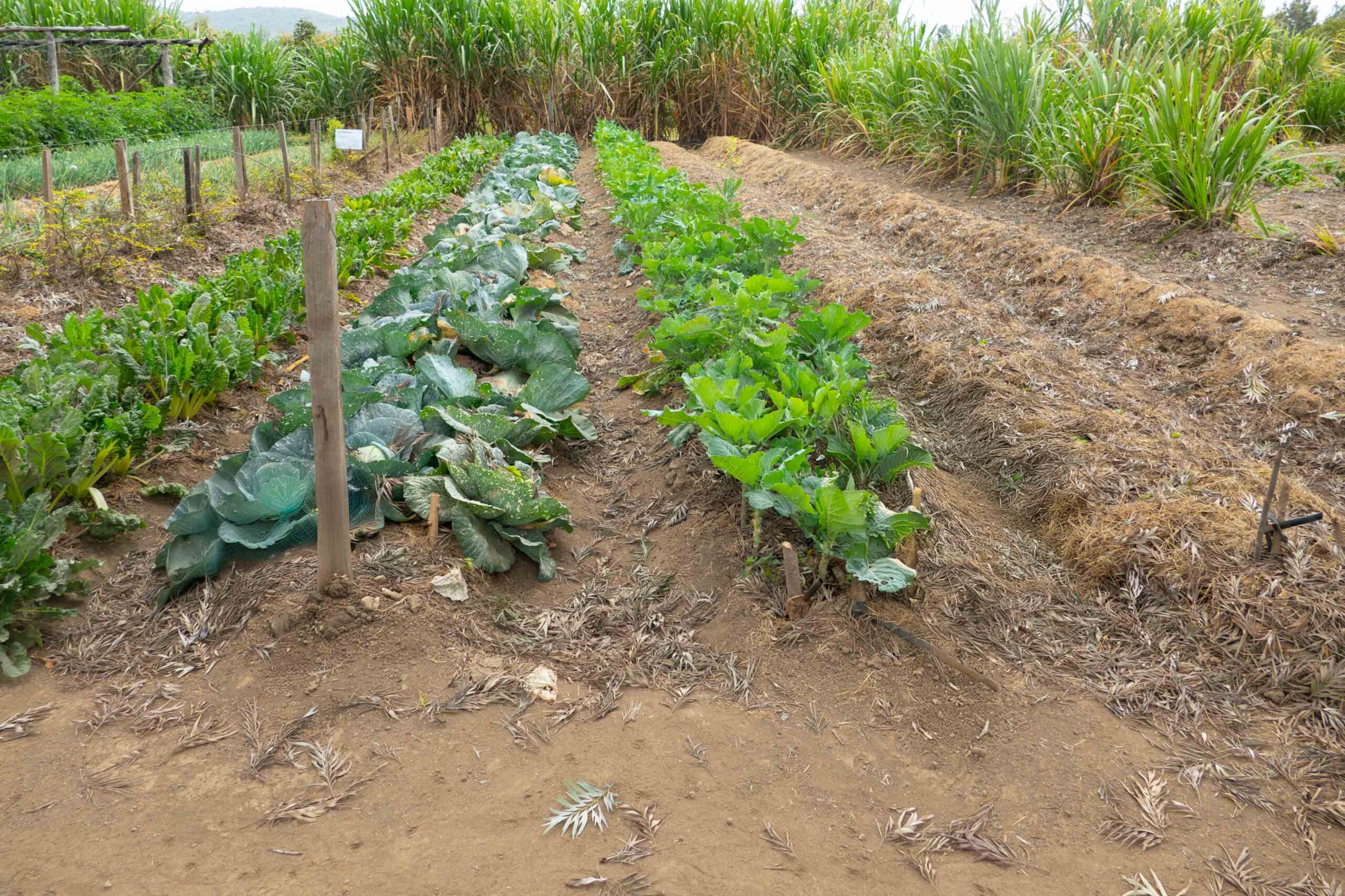Community-based Conservation seeks to strike a balance between nature conservation and economic growth by establishing spatial and institutional settings that maintain and even regain biodiversity while simultaneously allowing for sustainable land use. The implementation of community-based conservation blueprints on communal, often agronomically marginal lands, is in many southern and eastern African countries encouraged by the national government. Despite vast academic literature on community-based conservation, it remains unclear how this re-shaping of resource governance has driven territorialisation in rural areas. To address this gap, this article compares the implementation of community-based conservation in Northern Kenya and Northern Namibia. By doing so, we intend to shed light on the question ‘why does community-based conservation result in different forms of territorialisation negotiated between state agencies, non-governmental organisations, and rural communities? We demonstrate how historical preconditions, contemporary project design, and the commodification of natural resources shape territorialisation in both cases in different ways. In Kenya, concerns for securitisation have been driving community-based conservation, while in Namibia it primarily aimed to benefit the previously disadvantaged rural residents. Furthermore, in both regions, community-based conservation programmes serve as vehicles to articulate political claims, either to reify traditional authorities, to create ethnically homogenous territories, or to define boundaries of resource use.
Kalvelage, L, Bollig, M, Grawert, E, Hulke, C, Meyer, M, Mkutu, K, Müller-Koné, M, Revilla Diez, J 2021, ‘Territorialising Conservation: Community-based Approaches in Kenya and Namibia’, Conservation and Society, Access Link.






